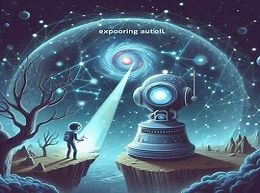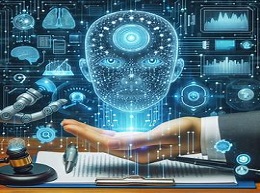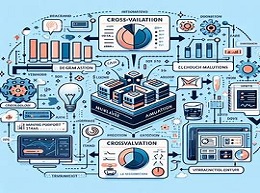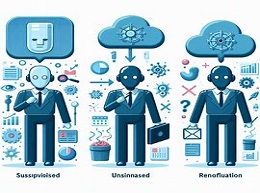The Evolution of Artificial Intelligence: A Historical Perspective
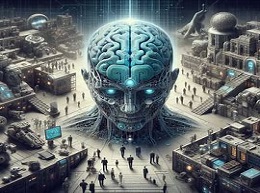
Artificial Intelligence (AI) has captivated human imagination for decades, with its roots tracing back to ancient times. Over the years, AI has evolved significantly, shaping various aspects of our lives. In this article, we delve into the historical journey of AI, exploring its evolution, milestones, and future prospects.
Ancient Beginnings
The fascination with creating artificial beings can be traced back to ancient civilizations. Mythological tales from ancient Greece, such as Hephaestus' automatons and Pygmalion's statue, Galatea, reflect humanity's early fascination with artificial life.
Early Concepts and Automata
During the medieval and Renaissance periods, inventors and scholars experimented with mechanical devices, laying the foundation for modern automation. Leonardo da Vinci's designs for humanoid robots and automated machines exemplify early attempts at mimicking human intelligence.
Birth of Modern AI
The formal birth of AI as a scientific discipline can be traced to the mid-20th century. In 1956, the term "Artificial Intelligence" was coined during the Dartmouth Conference, marking the beginning of organized research in the field. Prominent figures like Alan Turing, John McCarthy, and Marvin Minsky played pivotal roles in shaping the early development of AI.
Early AI Applications
In the 1950s and 1960s, AI research focused on symbolic reasoning and problem-solving. The development of programs like the Logic Theorist and General Problem Solver showcased early AI capabilities in logical reasoning and theorem proving.
Neural Networks and Machine Learning
The 1980s witnessed a resurgence of interest in neural networks and machine learning techniques. Breakthroughs in algorithms like backpropagation laid the groundwork for training neural networks, leading to advancements in pattern recognition, speech recognition, and image processing.
AI Winter and Resurgence
The late 20th century saw periods of optimism followed by skepticism, known as "AI winters." Despite setbacks, AI research continued to advance, fueled by the availability of large datasets, computational power, and novel algorithms. The emergence of deep learning in the 2010s revolutionized AI, enabling breakthroughs in areas such as natural language processing, computer vision, and autonomous vehicles.
Current Landscape
Today, AI permeates various sectors, from healthcare and finance to transportation and entertainment. Advanced AI systems power virtual assistants, recommendation engines, and personalized services, enhancing efficiency and user experience.
Future Directions
As AI continues to evolve, researchers are exploring new frontiers such as explainable AI, quantum computing, and neuromorphic computing. Ethical considerations surrounding AI adoption, including bias mitigation and privacy preservation, remain crucial topics of discussion.
The evolution of AI is a testament to human ingenuity and perseverance. From ancient myths to modern marvels, the journey of AI reflects our enduring quest to understand and replicate intelligence. As we stand on the cusp of a new era in AI, it is essential to navigate its development responsibly, ensuring that it serves humanity's best interests.
In conclusion, the evolution of AI is a fascinating journey marked by innovation, challenges, and possibilities. By understanding its historical context and current landscape, we can appreciate the transformative potential of AI while addressing ethical concerns and shaping its future direction.
